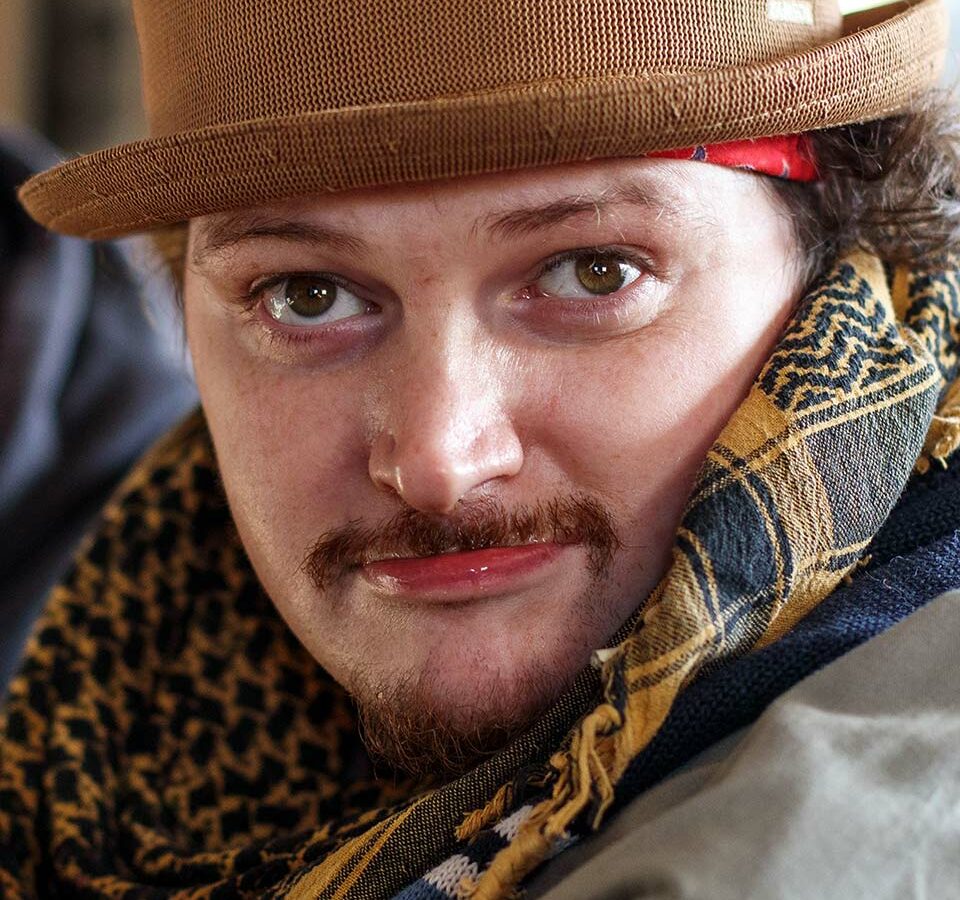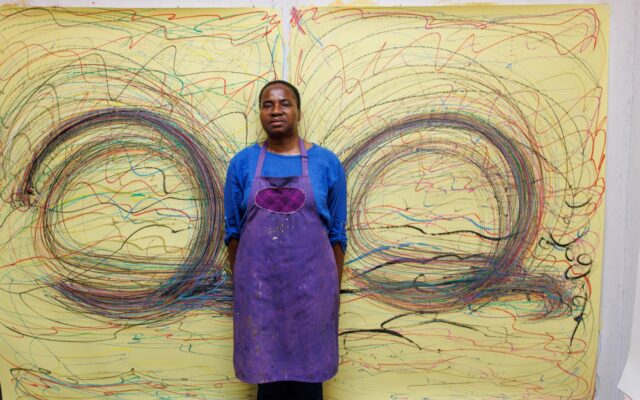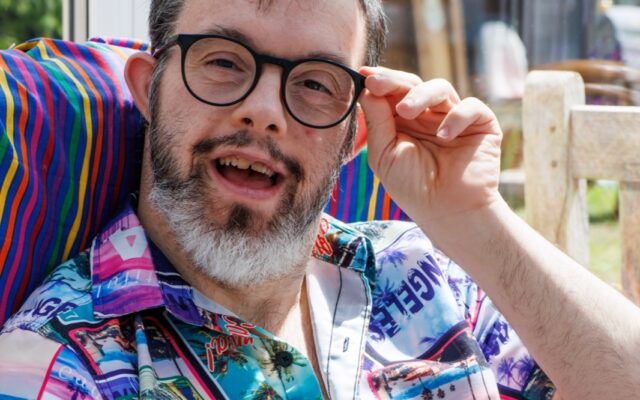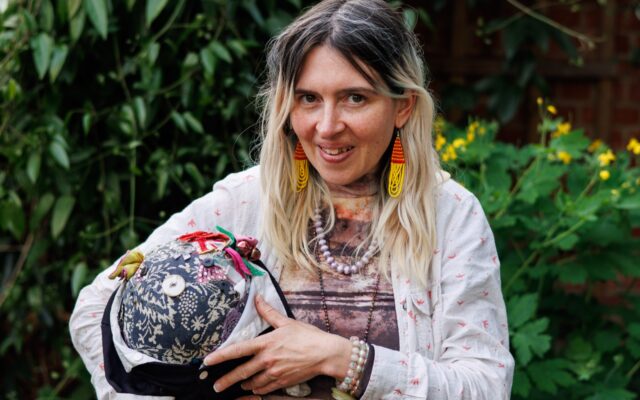We are in the pub and Christian Raphael visibly relaxes. He looks at me, a smile curling round his lips. Christian’s mother Vicki says the Cambridge local is one of her son’s favourite places and it is clear that is true.
Raphael is a 36-year-old man who loves music and often dresses in bright colours. He has an undeniable air of cool.
He also has complex learning disabilities and is non-verbal. His significant health issues include life-threatening seizures, and he was hospitalised with Covid last summer. We need to manage the risk of coming to the pub so we arrive at 4pm and plan to leave when other people arrive.
People with complex needs are a less visible community so I am spending time with Raphael to get a glimpse into what an ordinary day might be like for individuals – and their families – in this overlooked population.
On the day we meet, Raphael listens to music, sits with his dog, goes into the garden, has lunch and a slice of cake and posts a letter. All of this takes place with his two personal assistants, Ana Fernandes and Tom Maddox, who are needed in part because of Raphael’s seizures, which require immediate oxygen.
Covid led to Raphael and his mother curtailing their lives. They stopped going shopping. Raphael could no longer go for his afternoon walk. On his walks before Covid, he would be engulfed by a mob of friendly students on their way home after college. But no more.
During the worst of the pandemic, Raphael’s family reduced the staff team of eight to the three safest (based on contacts). The family could not get free tests or furlough payments so paid for these themselves.
Vicki and her son had to fight for Covid vaccinations, even though Christian had to be intubated when he had flu before the pandemic.
Mystifyingly, his GP decided that he was not eligible. He was vaccinated only after his mother contacted a consultant who knew Christian, and the consultant wrote to the GP.
Even so, in May 2022, Vicki spent an hour arguing for Christian’s jab at the vaccination centre. Three days later, he tested positive and Vicki is convinced he caught it during while waiting at the centre: “It was the only place we had been.”
For three months, he was desperately ill in hospital with Covid and nearly intubated on several occasions. Vicki says “it was a near miss”. This experience explains the cautious return to his routine, such as the pub visits.
All his life, Raphael has been going to the Cambridge Folk Festival but that did not run during the pandemic. The family is involved with the festival and set up a scheme several years ago to sponsor new musicians and singers.
Both Raphael and his mother make a choice from a shortlist of newcomers, with the winner of the Christian Raphael prize receiving a cash award and professional advice.
Mother and son go backstage to meet artistes, who often keep in touch afterwards. Vicki says it gives her son an extra network.
During the pandemic, the family built a small covered stage in the garden. When rules allowed, there were performances and mini festivals; they feel lucky to have the resources to do this.
What would help improve the lives of people like Christian, says Vicki, is stronger governmental policy. She remembers Valuing People, the 2001 white paper that promised a new strategy for learning disability. Leadership training courses for disabled adults and parents of disabled children are needed, she adds.
“If I could magic one thing up now it would be to have more family leadership courses again, like Partners in Policymaking [a national scheme that started in America]. This would be influential and give a network for families. So you could get the moral lead from people with lived experience.”
Back at the pub, Christian is enjoying a Coke. Maddox launches into a David Attenborough voiceover, joking: “And here is Christian in his natural habitat.” We all grin. Times are tough but this has been a good day.
All photos: Seán Kelly





